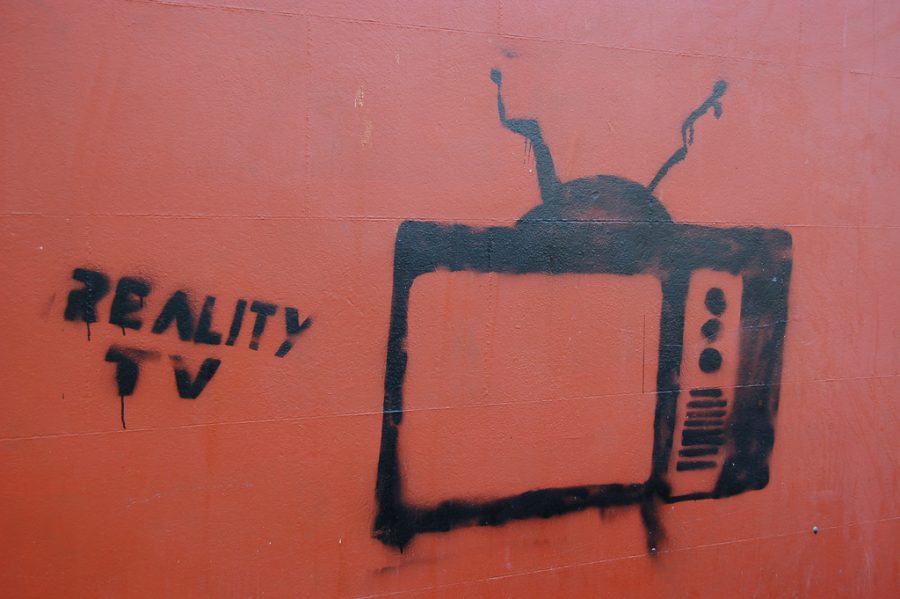Shows like Jersey Shore have only reinforced the stereotypical image of Italian-Americans with their daily gym, tanning and laundry routine, ending the night with a crazy trip to the hottest dance clubs on the shore. So the question is: Does Reality TV promote stereotypes?
My thoughts on this problem is that Reality TV does promote stereotypes. And here is the reason why: I have gone to many different places and they always ask the same question – Where are you from? And when people hear ‘New Jersey,’ they automatically think of Jersey Shore and think that you party 24/7 when the truth is that you don’t party at all.
The three solutions for this problem are to either stop scripting unscripted shows or to stop creating shows that promote these stereotypes or never say where you are from if you go on vacation.
There are two sides to this story, the first side is the one that says that reality TV does promote stereotypes and the other says that reality TV doesn’t promote stereotypes.
The first side of the story is that reality TV shows promote stereotypes. Yes, TV reality shows create unhealthy stereotypes. It is true that TV reflects the society they are in, but they do not always reflect the values and cultures clearly. Often, our cultural values and norms are twisted by reality TV into what the networks know will cause viewers to want to watch, which is often unhealthy stereotypes of people from different groups. Australia and the crocodile hunter is a good example.
Since there is always two sides to the story, here is the other side. What they think is that Reality TV does not promote stereotypes: Yeah maybe some shows don’t but lots of them do. According to debate.com, one may say that TV is Entertainment – Plain and Simple and if you are watching television, is it because you want to take a break, to check out for a bit with some mindless entertainment. The same applies to reality TV. Some would hope that most people are intelligent enough to realize that these shows are edited to appeal to the audience. Cameras are in these people’s faces, so of course, they may play up to it.
Although stereotypes can be used in a positive way to appeal to certain audiences in commercials and advertisements, we must wonder if the promotion of them should be as acceptable as we have allowed it to be.











